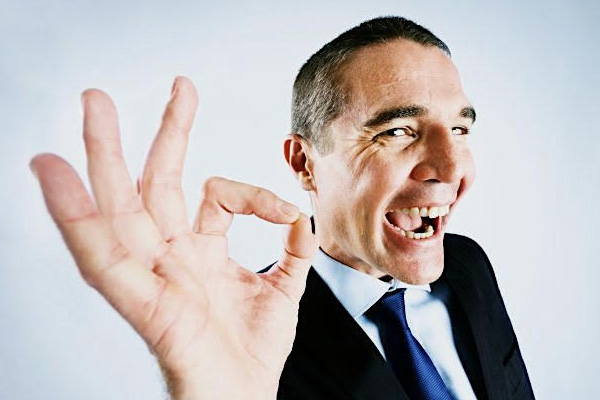IT’S NOT A TIME SHARE –
Feb. 1, 2021 – The hard sell often happened before callers were screened to assess their need for treatment and determine if the program might be helpful. In fact, a third of callers were offered a spot in an addiction program before they even had a clinical evaluation.
“If a hospital was admitting anyone who walked into the emergency room regardless of how sick they are, giving them treatment that may or may not help them, we’d find that absurd,” said Dr. Michael Barnett, the study’s senior author. “But for some reason we tolerate it in this residential rehab community.”
Resident addiction treatment is big business. According to the study, a national survey found nearly one million admissions in 2018. And there are calls, even during the coronavirus pandemic, to create more beds for people who want to stop using drugs. This option may not be the most effective treatment for a substance use disorder. It is almost always more expensive than an outpatient program. Daily costs quoted to the callers ranged from $357 to $758. About 74% were told they’d have to pay up front, amounts as high as $17,434 at a for-profit treatment center. In addition, 14% of programs encouraged the callers to pay with a credit card, and 15% offered to create a loan plan, with interest. Barnett called that outrageous at such a vulnerable time in a patient’s life.
Of the rehab centers reached by the secret shoppers, 72% have national accreditation. But Barnett said these findings, combined with a prior assessment of evidence-based treatment programs, highlight the need for changes.
“We need stronger regulation of the type of care that’s provided by these facilities, and the screening of which patient is most appropriate,” said Barnett, an assistant professor of health policy management at the Harvard T.H. Chan School of Public Health, “because the typical cost of a residential rehab stay would put the average American into enormous financial debt.”



